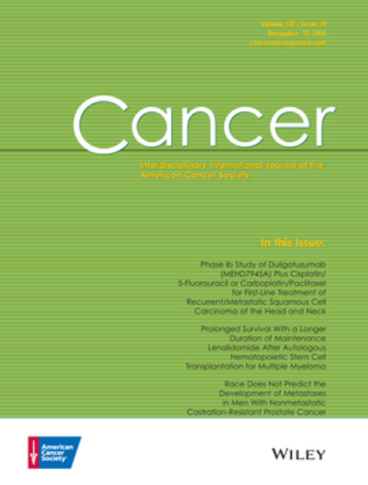Remedying Black cancer disparities with clinical research prioritization
Abstract
Background
People of African ancestry are overrepresented among lives lost prematurely and persons unnecessarily afflicted with the highest burden of cancer among nonindigenous Americans. Amid the growing advancements in cancer discoveries and innovations, the persistence of cancer disparities affecting Black/African American populations is particularly disturbing and disappointing.
Methods
Ashing and colleagues in the Alliance of Black Community Outreach and Engagement Scientific Directors of National Cancer Institute–designated cancer centers discuss the excessive cancer burden in Black populations and propose a Cancer Moonshot–focused framework.
Results
The paper posits for research to remedy cancer disparities, there are three critical areas that require action: (1) examine Black/African American heterogeneity; (2) eradicate policies and practices that are biased toward Black/African American populations and limit access to clinical studies/trials; and (3) embrace community engagement and collaborations.
Discussion
This paper extends a call to action focused on eight critical areas for making significant strides to reduce cancer disparities in Black/African American communities: (1) implementation of policies for inclusion, accountability, and coverage; (2) removal of unnecessary barriers to clinical research participation; (3) introduction of continuing clinical research engagement training; (4) broad deployment of provider communication tools and resources for effective patient communication and referrals; (5) diversification of the scientific and clinical workforce; (6) practice of multisectoral and team science; (7) inclusion of community engagement in science; and (8) development of broad and authentic partnerships with our Black/African American communities. Taken together, these pillars support improved engagement with multistakeholder Black/African American communities to close disparities gaps and achieve health equity and justice.

 求助内容:
求助内容: 应助结果提醒方式:
应助结果提醒方式:


